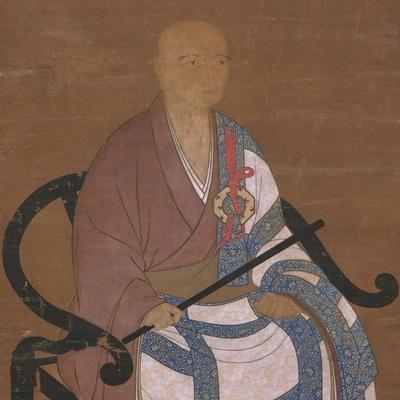Teachers

I like having an audience,
showing off,
being in charge.
I'd tell my Tai Chi students,
"Touch
the tip of your tongue
to the upper palate. This
completes an energy circuit. It
also keeps you
from talking in class."
Then I'd say, "Only kidding."
They didn't laugh.
I liked questions. They meant
people were thinking, desiring
to know.
Questions meant I could teach
what a student was ready to learn.
Questions made me think and talk,
surprised me when I told them
something I didn't know I knew.
I've been in many elementary school
classrooms, interviewing
for newspaper stories.
To make an interesting article
I'd ask each kid to give me a different
answer than classmates did.
The teacher usually looked
shocked.
I'd seen her spend thirty minutes trying
to get someone to say
the one answer she
had in mind.
You'd think my reporter's habit of
asking questions and listening
would have stuck.
But no.
I find myself in conversation offering
my anecdote,
interrupting to do it.
So I try to be patient when friends
who are teachers
announce their one right answer
to a question I didn't ask.
Then elaborate.
I look down.
I eat my lunch.
No point responding.
Give up. Become the audience.
Until I get weary.
I go home and don't call them.
I call another friend
(who never calls me),
the one who asks questions
and listens to me talk.
I need to ask her how she does that —
and remember to listen to the answer.